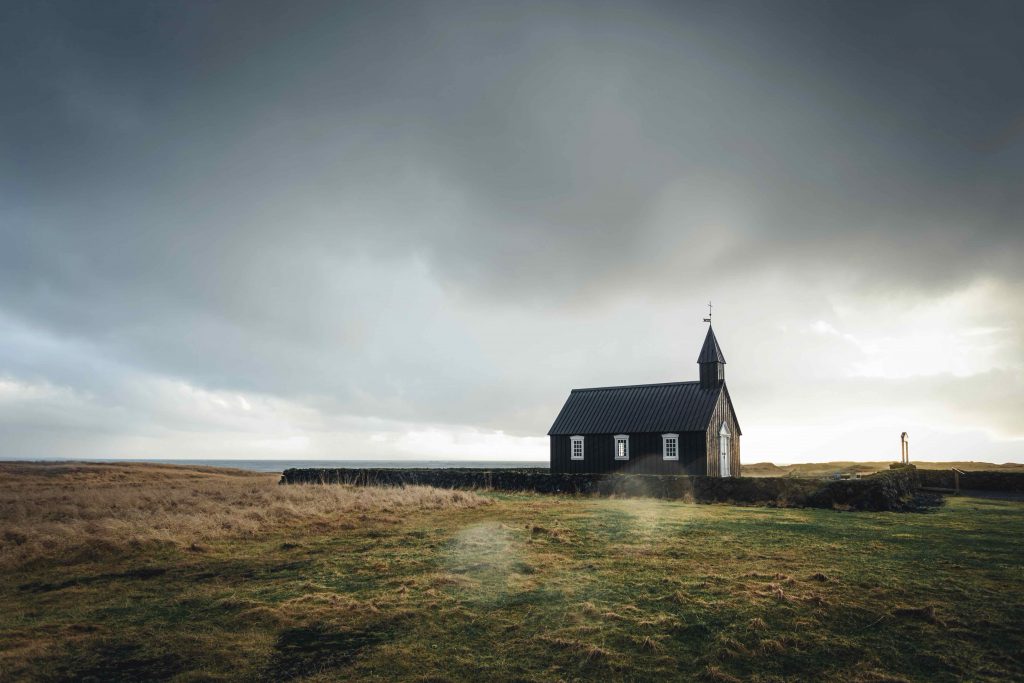
Verse 1 of chapter 3 records, “In those days John the Baptist came, preaching in the Desert of Judea.” One commentator writes, “the reader is given no help in imagining how John, at least in the early stages, could have gained any audience for his message in an unpopulated wilderness area. John is being thought of as a prophet, but where the prophets characteristically take their message from God to the people, here the people must trek out into the wilderness to receive the message. This is presumably because the commerce with God which John is calling for is deemed to have its natural setting in the wilderness (as the place to initiate eschatological renewal).”
With John ministering in the wilderness, most had to walk at least a full day into the desert to see him, and that was no quaint morning stroll. It would take a strong motive and purposefulness to take time out of the normal schedule to go and be baptized by him, out there in the desert. Yet the people streamed out to him. As if to rub that point in, verse 5 says, “People went out to him from Jerusalem and all Judea and the whole region of the Jordan.” They came because John’s message was persuasive. They were convicted by the Spirit of God as John faithfully preached what God had given him to preach, and they wanted to assure themselves they were in right standing with God Most High. In summary one might say that though John was perhaps a bit abrasive, and though he was certainly unusual, and though he was not right next door, yet it was worth the walk to experience his ministry because you were changed forever by it.
Today, many of our churches do not offer Sunday school, evening services or midweek services, and the main worship service is often a highly produced event given strict timelines, so that the message is restricted to 20 or 30 minutes. All of that is adaptation to our present culture, where church is no longer seen as central to a community’s life, but very much an optional extra.
We who live and breathe in such a culture can easily assume that such limitations are in place because people don’t want to hear preachers anymore. That preaching has somehow become passé, like the arbor meetings of yesteryear and the tent revival meetings of old. But the speaking of God’s Word among His people is never without impact. Nor does it go long without audience. Indeed, to connect with God and hear what God has laid on the preacher’s heart, people will endure travel – even to the point of changing their schedules and suffering hardship. Even if the meeting place is a distance away, and even if the preacher is a bit unusual and not in the slightest charismatic.
People don’t stop going out of their way to connect with God. They stop going out of their way when they expect they will not or cannot connect with God. We must remember Jesus’ viewpoint, “The harvest is plentiful, but the workers are few.” When the preacher faithfully and prayerfully brings God’s Word (and not just their own thoughts about God’s Word), people are changed. They remember that, they speak to others about that and they bring their friends to experience what they experienced.
Light yourself on fire with passion and people will come from miles to watch you burn.
John Wesley
APPLICATION: Intentionality
How are you bringing the presence of God to others?

